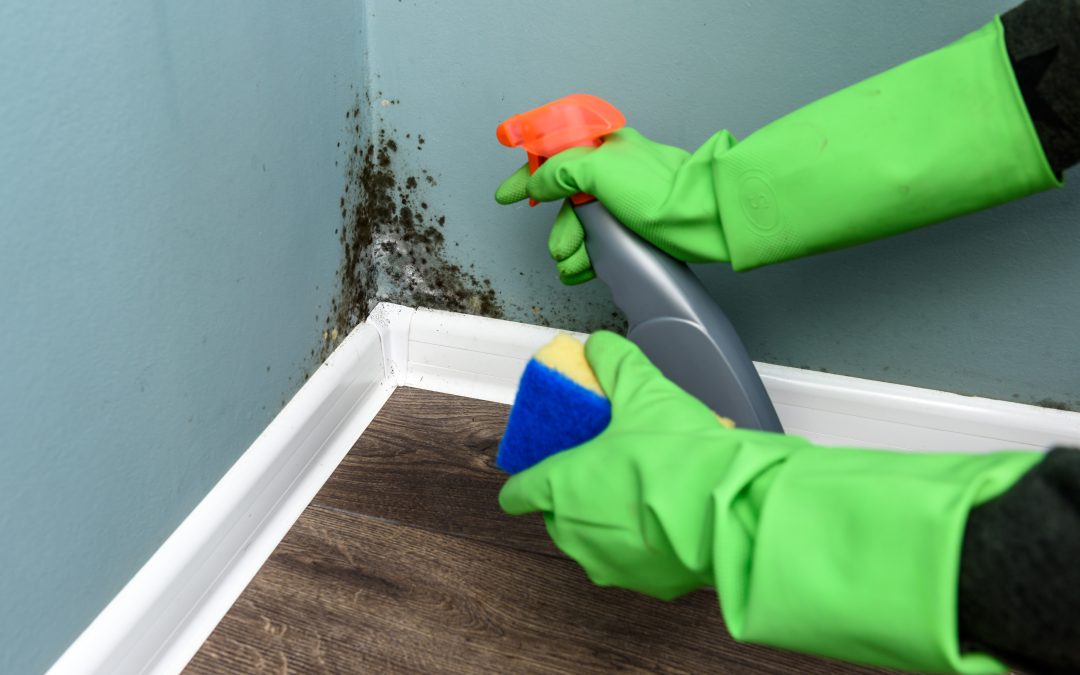Are you familiar with the impact of humidity on basements? Well, let me take you on a journey through the fascinating world of basement humidity control and the detrimental effects it can have on your home. Buckle up, my friend, and let’s dive right in!
The Role of Humidity in Basement Mold Growth
Have you ever wondered why basements seem to be more susceptible to mold growth? It all comes down to one pesky factor: humidity. Basements, being below ground level, tend to have higher moisture levels, which create a perfect breeding ground for mold. The connection between humidity and mold spores is undeniable – the higher the humidity, the more likely mold spores will thrive and multiply.
But why is mold such a concern? Well, besides being unsightly and giving off that musty odor, mold can pose serious health risks. Exposure to mold can lead to respiratory issues, allergies, and even pose a threat to those with weakened immune systems. Not to mention, the structural damage caused by excess moisture can weaken the integrity of your home’s foundation. It’s a double whammy!
Implementing Effective Basement Humidity Control Strategies
Now that we understand the impact of humidity on basements, the next logical question is: how can we control it? Fear not, my dear reader, for I have some effective strategies up my sleeve.
The first step in tackling basement humidity is to assess the current moisture levels. This can be achieved by using a trusty hygrometer, which measures humidity. Ideally, basements should have a humidity range of 30-50%. Anything above that is asking for trouble.
So, how do we reduce humidity in the basement? Improving ventilation and air circulation is key. Consider installing exhaust fans or vents to ensure proper airflow. Opening windows or using fans can also help in circulating the air and reducing moisture build-up. Remember, fresh air is your best friend when it comes to humidity control.
Repairing any leaks or water intrusion points is another crucial step. Inspect the foundation for cracks or gaps that could be allowing water to seep in. Fixing pipe or plumbing leaks is equally important, as even small drips can contribute to high humidity levels.
But sometimes, all these strategies may not be enough. That’s when dehumidifiers come to the rescue! Investing in a good dehumidifier specifically designed for basements can work wonders in removing excess moisture from the air. Make sure to choose one that is suitable for your basement size and place it strategically for maximum efficiency.
And remember, maintenance is key! Clean and replace air filters regularly, empty the dehumidifier’s water tank as needed, and keep an eye on any signs of moisture accumulation.
Other Preventive Measures for Basement Mold Control
Now that you have a good grip on basement humidity control, let’s explore some additional preventive measures to keep mold at bay.
Proper insulation is vital in preventing moisture and condensation in basements. There are various types of insulation suitable for basements, such as spray foam or foam board insulation. Insulating exterior walls and floors can minimize condensation and reduce the chances of mold growth.
Regular maintenance and cleaning routines are also essential in keeping your basement mold-free. Clean mold-prone areas with mold-inhibiting products, and regularly inspect and clean HVAC systems to prevent mold spores from spreading. Stay proactive, my friend!
And don’t forget to monitor and control basement moisture levels. Installing a sump pump can efficiently remove any water accumulation and prevent flooding disasters. Additionally, using moisture-resistant materials for walls and floors can further safeguard your basement from excess moisture.
Seeking Professional Help for Basement Humidity Control
While these strategies can work wonders, there may come a time when you need to call in the experts. When should you consider seeking professional help?
If you notice persistent mold growth or recurring humidity issues despite your best efforts, it may be time to consult a professional. They can assess the situation and provide specialized solutions tailored to your specific needs.
Hiring a professional humidity control service is not a decision to be taken lightly. Make sure to find reputable contractors experienced in basement moisture control. They can offer services such as moisture barrier installation, waterproofing, and other long-term solutions to keep your basement dry and mold-free.
The Long-term Benefits of Humidity Control in Basements
By now, you might be wondering if all this effort is worth it. Let me assure you, my friend, that basement humidity control has incredible long-term benefits that should not be overlooked.
First and foremost, humidity control prevents mold growth and improves indoor air quality. By reducing the chances of mold spores multiplying, you’re safeguarding your family’s health. Say goodbye to those pesky respiratory issues and allergies!
Eliminating musty odors and creating a fresh, pleasant environment is another perk. Your basement doesn’t have to be a damp and dreary place anymore. Embrace the newfound freshness!
Moreover, humidity control plays a crucial role in preserving the integrity and value of your home. Mold and excess moisture can lead to structural damage, compromising the stability of your foundation. By proactively addressing humidity issues, you’re effectively avoiding costly repairs and renovations down the line. It’s a win-win!
So, my dear reader, let’s take control of our basements and bid farewell to the reign of humidity. Implementing effective strategies, following preventive measures, and seeking professional help when needed will ensure a dry and mold-free space for you and your loved ones. Embrace the wonders of basement humidity control and let your home thrive! And don’t forget to check out Permadry Waterproofing for expert assistance in basement waterproofing. Stay dry, stay happy!

